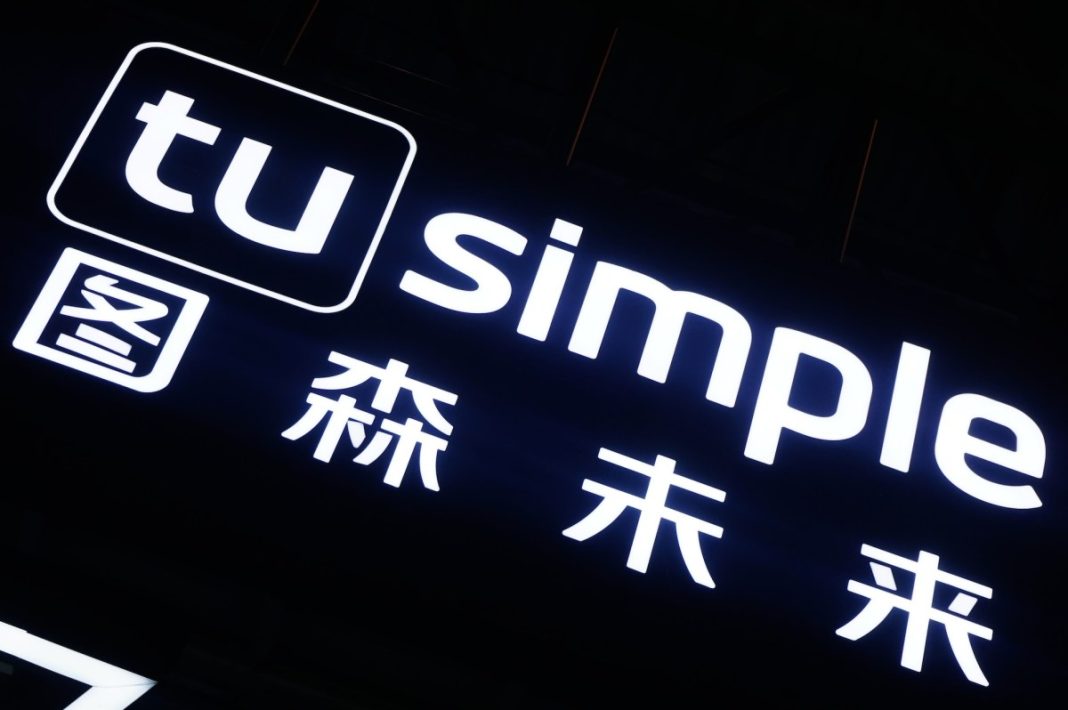Xiaodi Hou, the co-founder and former CEO of self-driving trucking startup TuSimple, has urged a California district court to issue a temporary restraining order to stop the company from transferring its remaining U.S. assets to China, according to a recent court filing.
Hou, who plans to apply for a temporary restraining order in December during the next scheduled court hearing, is hoping to keep TuSimple from moving tens of millions of dollars in cash to China. As of September, TuSimple had roughly $450 million in capital. Hou is also requesting expedited discovery of evidence to aid his requests for the motion.
Hou’s declaration to the court, filed on Monday, is the latest escalation in the battle between TuSimple and some of its shareholders, over the company’s attempts to use investor capital to fund a new AI-generated animation and video game business in China.
This is the first time Hou — who was ousted from his role as CEO in 2022 — has publicly accused TuSimple and its leaders of funneling assets toward animation and gaming businesses owned by or with direct ties to Mo Chen, TuSimple co-founder and chairman of the board, under the guise of a business pivot. Hou also argued the company violated SEC regulations by neither informing nor gaining approval from shareholders before changing its business direction or transferring funds to China.
Hou now heads a new autonomous trucking startup in Texas
TuSimple, once valued at $8.5 billion after its 2021 IPO, faced setbacks that led to its U.S. shutdown and delisting in January 2024. The company’s stated goal was to commercialize its AV technology in China. But as the year progressed, TuSimple slashed its workforce, ceased self-driving operations, and began hiring staff to handle jobs related to AI gaming and animation.
Shareholders sent a letter to the board in August after learning TuSimple was putting resources toward AI gaming and animation. The board responded a couple weeks later by publicly announcing the new business unit.
Hou this week urged the court to issue a temporary restraining order after noticing a filing by TuSimple China that signaled the company was about to transfer money (or already had) out of the United States. Two TuSimple China subsidiaries last week registered an increase in assets collectively worth $150 million, according to Hou’s declaration and information from public filings.
“These filings show a suspicious increase in registered assets between these two subsidiaries in one day as a precursor to large amount of cash transfer from U.S. to China,” reads the declaration. “The most likely scenario is that these filings in China were the preparatory steps before TuSimple U.S. transfers money to those subsidiaries in China.”
Hou added that such large cash transfers are “beyond normal course of business” and comparable to “TuSimple China’s heyday of operation when it was operating a large autonomous truck fleet in Shanghai” and had around 700 employees on its payroll. As of September, TuSimple China had around 200 employees.
The window of opportunity for shareholders like Hou to get what they want — which is for TuSimple to liquidate so they can recuperate some of their losses — is narrowing.
TuSimple is in a gray area when it comes to enforcement from the Securities and Exchange Commission. While TuSimple delisted earlier this year, the company is still registered with the SEC and thus subject to U.S. scrutiny. Once the money goes to China, shareholders in the U.S. will have no recourse to claw back funds from their original investment.
TechCrunch has reached out to the SEC to learn if the agency is investigating TuSimple in relation to shareholder complaints.
TuSimple did not immediately respond to TechCrunch’s request for comment.
[ad_2]
Source link


